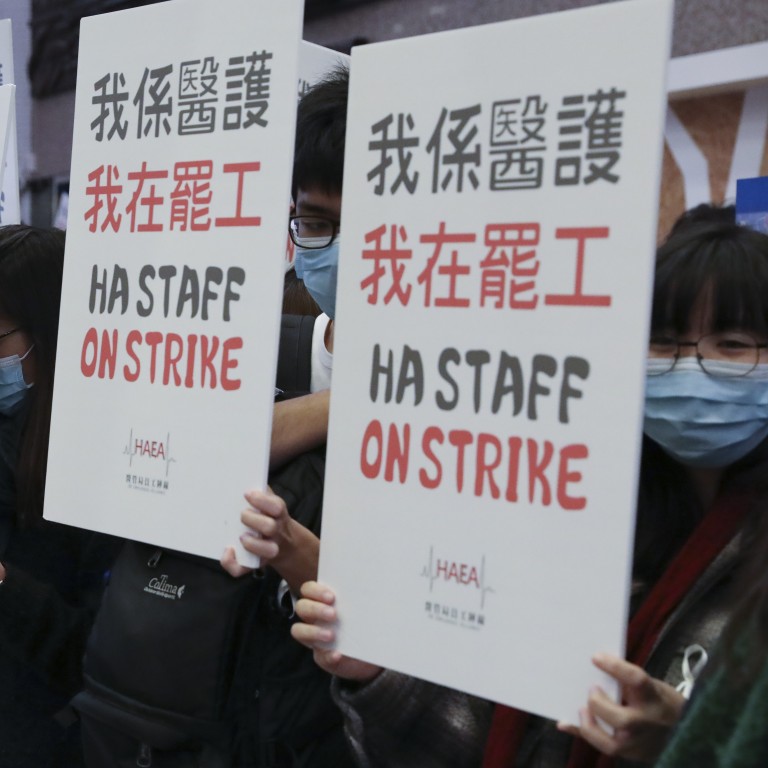For individuals so ostensibly occupied with the liberalisation and empowerment of Chinese citizens, these comments are very ironic. Many among the infected have never consumed
wild animals, or taken part in animal slaughter at wet markets.
To attribute the outbreak to cultural practices, as opposed to the anti-transparency, anti-hygiene
systemic defects in governance, comes across as generalisation at best, and malicious demonisation at worst.
Even when talking of those who do eat wildlife, the claim that
barbaric food consumption habits are to blame for the outbreak is ludicrous. To posit that they deserve their fates is not just callous, but blatantly ignorant. Any meat, if well-prepared and cooked to kill germs and toxins, is safe to consume.
Morally, it is unclear why we are comfortable with eating cows and pigs, but draw the line at other animals that do not sit well with our arbitrarily cultivated intuitions.
More fundamentally, consumers of wildlife do not choose where they are born. They cannot determine what information is
disseminated or withheld by local governments. They are not responsible for the cultures that engineer their habits.
Secondly, now is the time for compassion for medical staff both in mainland China and Hong Kong. Online footage and news coverage show that doctors and nurses on the front lines are very
short of supplies, low on morale and increasingly stretched for manpower.
Many mainland hospitals have been overwhelmed by the surging number of patients, with a dire lack of apparatus to diagnose, process and treat sick individuals. These unchosen, unsung heroes deserve our
recognition and applause – not our derision. For those who can, compassion should compel us to donate resources where possible to help alleviate the pressure on these frontline workers.
Similarly, their Hong Kong counterparts deserve our respect. It is easy to dismiss the
demands of those who threaten strikes as the product of selfishness – after all, every person counts in the already drained public health care system. Yet who cares for our carers?
Given their long hours, incredible pressure and with no clear direction or moral leadership from the Carrie Lam administration, how could we expect them to remain silent over the
dearth of support they are receiving? It is noble, but by no means expected, that medical personnel should make sacrifices to stall the spread of the disease.
More practically, an
overburdened health care system – endless queues, scarce resources, inundated with fear and mistrust – is unlikely to be effective. Slip-ups from constant stress, manpower shortages in handling triage and quarantines, and heightened panic as patient numbers surge – these are how hospital outbreaks begin. We saw this happen 17 years ago with severe acute respiratory syndrome. Let’s not repeat the mistakes.
Finally, the coronavirus has brought out the worst in some people. From recycling and reselling used masks, to selling medical supplies at jacked-up prices, some say this is what happens in a free market. I say there are times when empathy and decency should come before
profit-seeking.
There have also been episodes of
violence breaking out over the proposed site of quarantine centres, alongside scaremongering rumours that target mainland Chinese individuals. It is unsurprising, yet disappointing, that we have sunk to such depths. We can do better, yet it seems we know no better.
It is difficult to govern – critics need to bear in mind the constraints officials face. Yet this is no excuse for the blatant lack of compassion from some officials here in Hong Kong – from the bizarre nonchalance over
mask shortages and influx of patients, to the selective outrage over striking doctors. From
delayed responses to inexplicable policy flip-flops, the governing team has been found wanting.
A strong and effective Hong Kong leadership is in Beijing’s interest in quelling the epidemic and preventing China from becoming the source of a global medical crisis. Indeed, we could learn from our mainland counterparts and their decisive quarantine and
construction efforts, even though they have been far from perfect.
Ultimately, those with the responsibility to govern must act to pre-empt opportunism and mass panic. Hong Kong has, for far too long, lacked compassion in governance. It’s time officials put the people first – not merely as subjects to be commanded, but as individuals whose feelings and voices matter, whose concerns and opinions, no matter how ill-informed, must be addressed and acknowledged.
Brian YS Wong is an MPhil (political theory) candidate at Wolfson College, Oxford, and current Rhodes Scholar-elect for Hong Kong in 2020


.png?itok=bcjjKRme&v=1692256346)